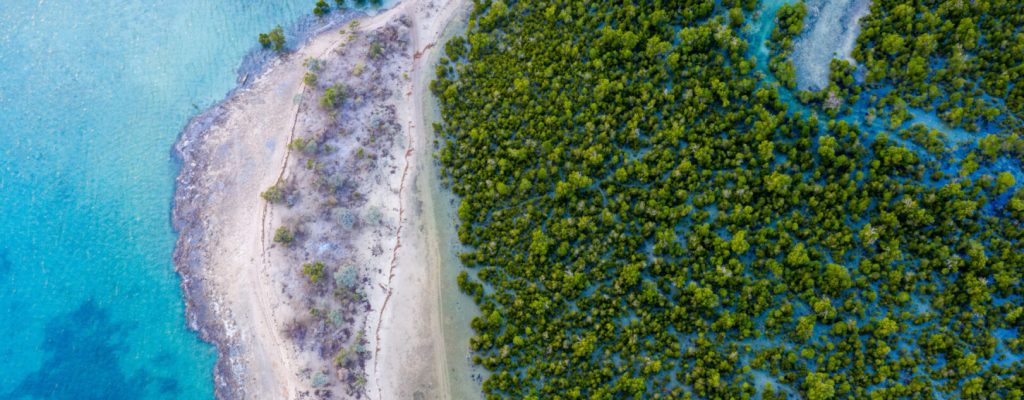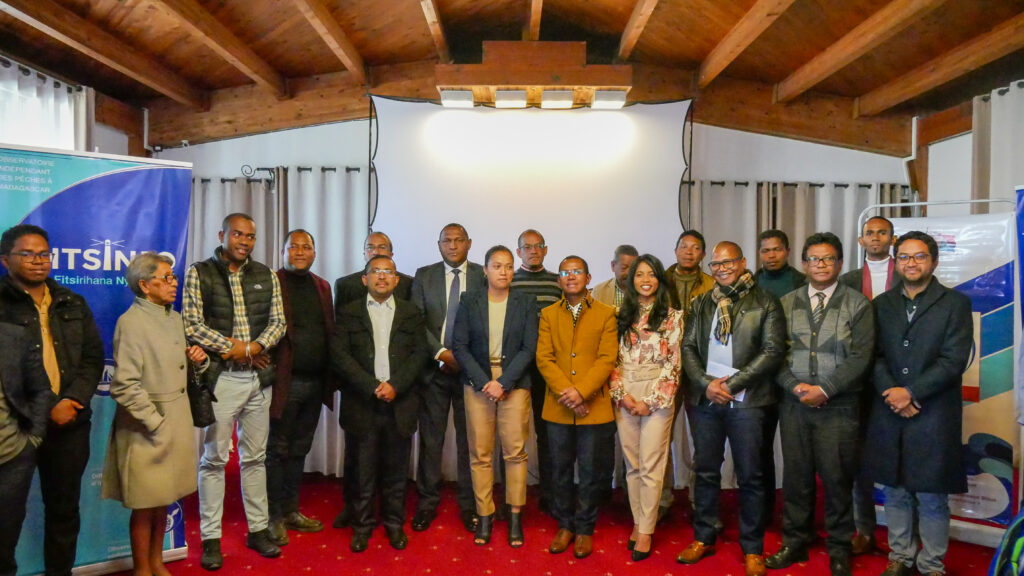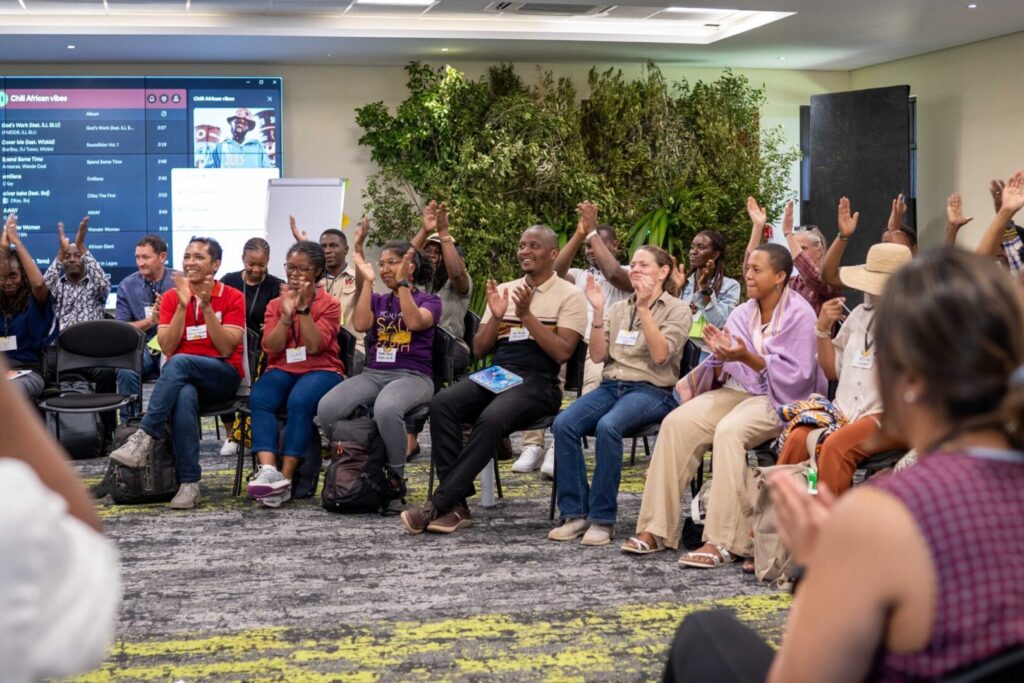Hooked
Our stories from the field
December 2023
Thriving fishers, thriving oceans
We celebrated our 20th anniversary in September, marking two decades of putting coastal communities at the heart of efforts to rebuild fisheries and protect our oceans.
Our founding Executive Director spoke with some of our first team members, who reflected on what we’ve achieved in our journey over the last two decades. The stories were captured on the same beach in southern Madagascar where Blue Ventures welcomed our first volunteers in 2003. Be on the lookout for these films at the end of the year as part of our ‘Blue Ventures at 20’ celebration.
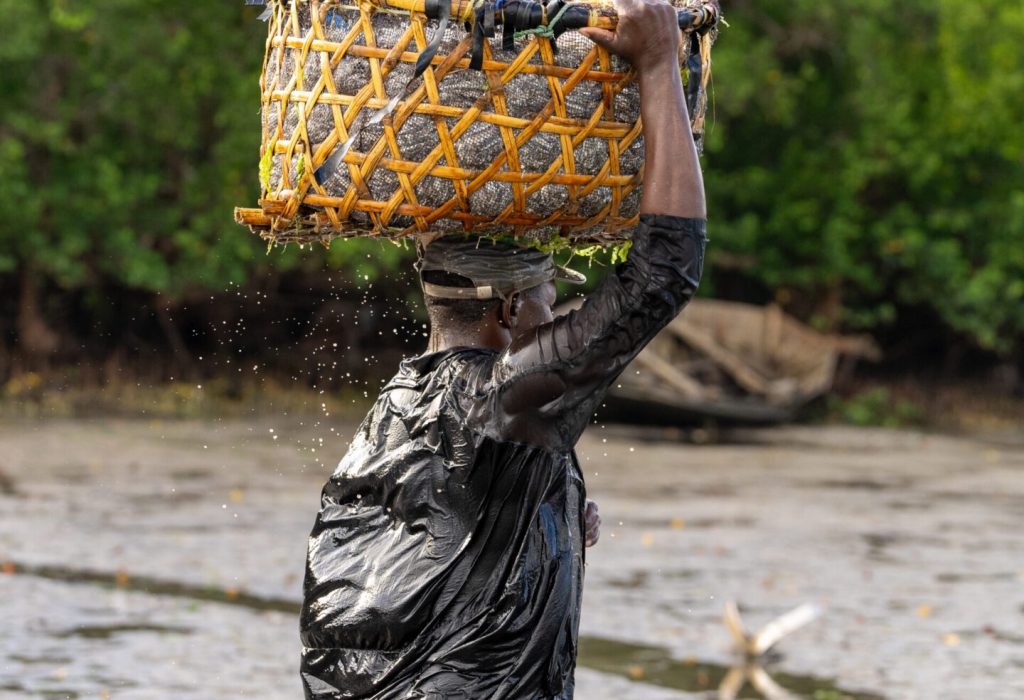
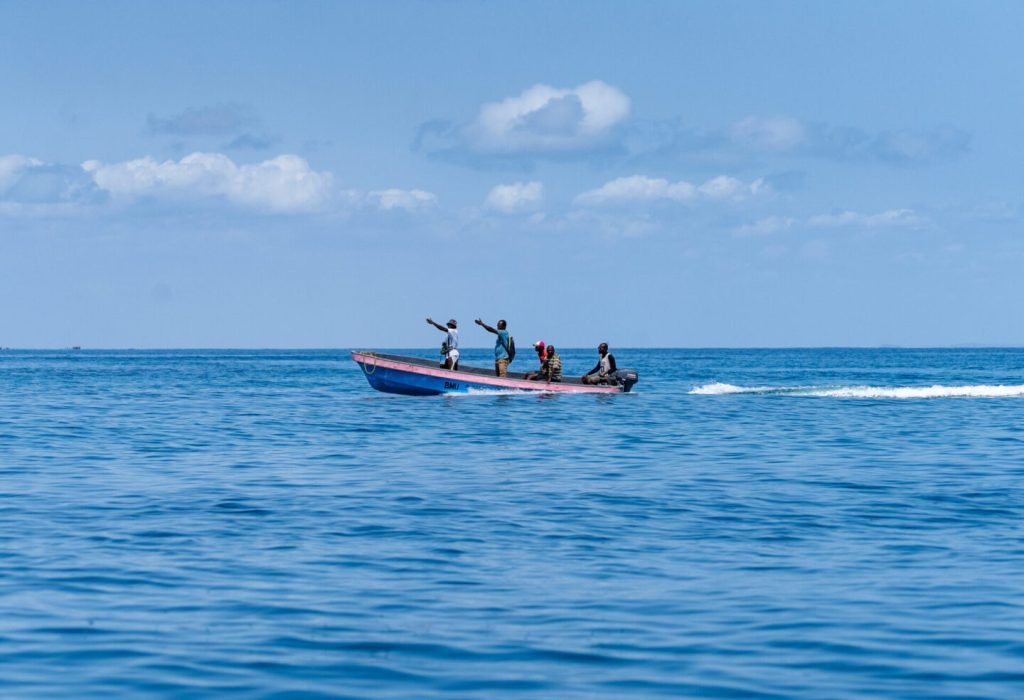
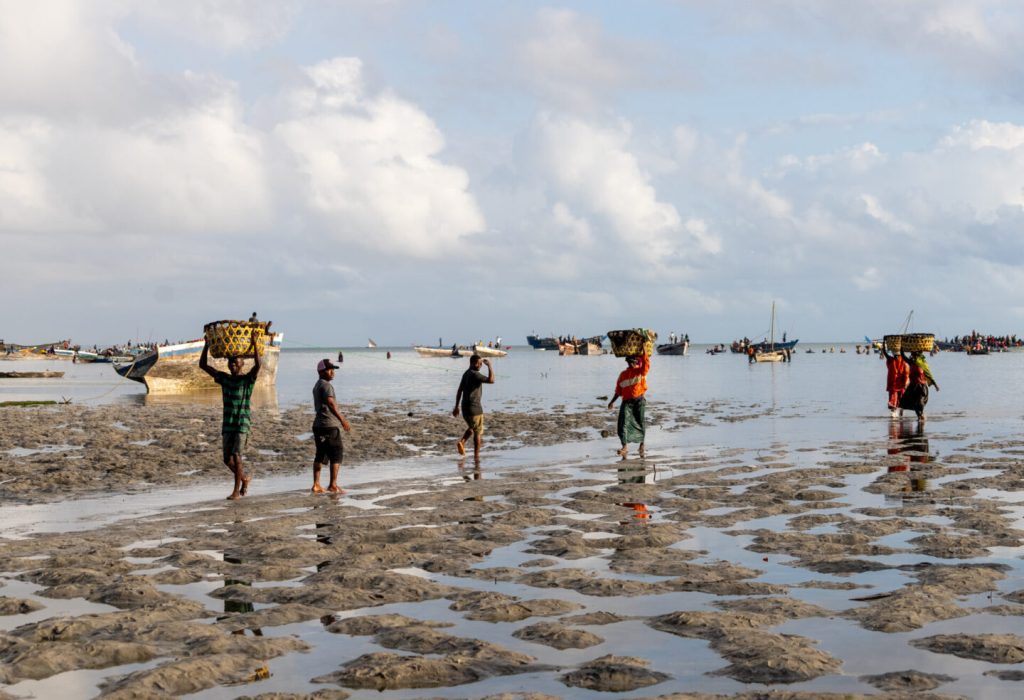
New community-led marine reserve in eastern Indonesia
On the island of Flores in East Nusa Tenggara, the fishing community in Serandori village recently closed parts of its fishing grounds to provide a permanently protected area of coral reef and seagrass habitat to help restore fisheries. The permanent reserve follows several years of experience in this community implementing temporary fisheries closures to help rebuild target stocks. Serandori is just one of the 79 communities that we and our 17 local partner organisations are supporting across Indonesia, but this new permanent marine closure marks an important milestone for our work in the region.
The reserve in Serandori benefits both nature and the community. It provides a safe space for species to grow and reproduce, and with time the spill-over effect will replenish nearby fishing grounds, serving as a ‘fisheries bank’ for the community.
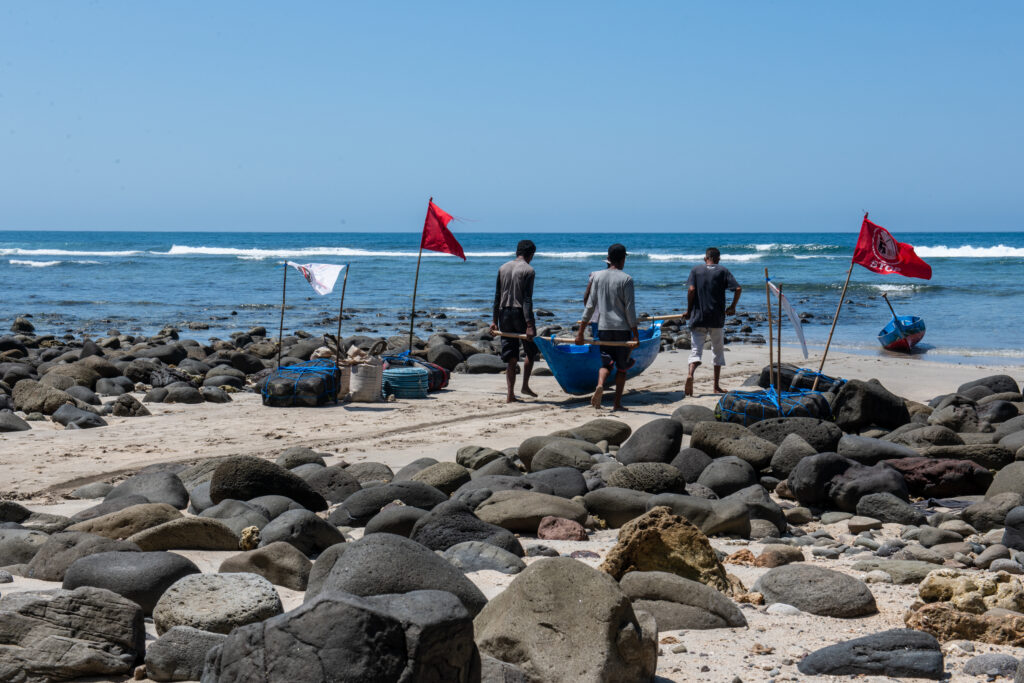
The networks of communities and local organisations that we are supporting can play a powerful role in confronting labour abuses and environmental crimes in industrial fisheries, which represent a growing threat to small-scale fisheries and ocean sustainability. We have recently launched a new independent civil society observatory, Fitsinjo, based in Antananarivo, which is working to promote transparency in the island nation’s industrial fisheries, providing year-round monitoring and reporting of fishing activity.
Fitsinjo is developing an extensive participatory monitoring network mobilising communities around Africa’s longest coastline to gather realtime reports of industrial fishing activity. Small-scale fishers, tour operators, and port operatives are all contributing information to the observatory to generate data that is being used to help identify and report vessels committing violations.
We launched the second cohort of the African Marine Conservation Leadership Programme, developed in partnership with our friends at Maliasili. Sixteen leaders selected from local organisations supporting marine conservation across Mozambique, Kenya, and Tanzania joined the network in July and have started a tailored programme of leadership training and coaching before eventually meeting for in-person sessions.
We were also thrilled to support the first-ever African Community Conservation Forum, convened by our partner, Maliasili. The Kenyan forum brought together community conservationists from across Africa and the Indian Ocean to explore solutions to increase impact in community-led marine and terrestrial conservation sectors. Participants shared perspectives, ideas, and experiences to build and strengthen networks, highlight best practices and establish a community of leaders willing to challenge norms and think differently about power, funding, and partnerships in the conservation field.
Hear from our partners
“Our partnership with Blue Ventures started when we realised how much-untapped potential there is in Ende, both at sea and on land. Coastal communities in the area faced rising poverty rates exacerbated by illegal and destructive fishing activities. We saw conflict and distress over the mismanagement of our coastal areas. We aimed to create a management model that protected our ecosystem, our community and our livelihoods.
We have achieved several important milestones. Firstly, Blue Ventures has boosted our capacity, earning us recognition from the regional government as a valuable contributor to coastal and marine community support. We have also seen renewed motivation within our organisation and the community to protect marine habitats, thanks to the support of traditional leaders (Mosalaki) and local authorities.
Previously, fishing communities had a more individualistic approach, but with our assistance, they have transitioned to a more cooperative approach to resource and fisheries management. Additionally, we have improved fishers’ capacity in fisheries management and strengthened our data collection and analysis systems, using the mobile data platform developed in partnership with Blue Ventures.”
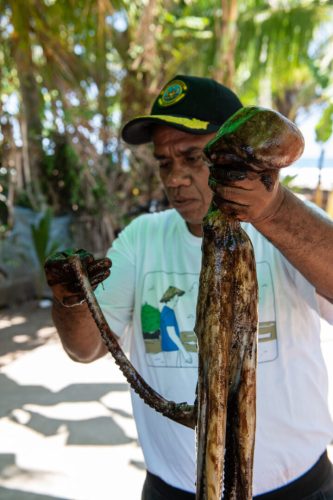
Thoughts from Pius Jodho, Marine Programme Manager
Blue Ventures has provided sustained technical and financial support to the Indonesian organisation Tanunua Flores Foundation since 2019. The organisation currently supports communities across eight villages in Ende and Nagekeo regencies on the island of Flores. It also plays an active role advocating for sustainable fisheries and locally managed marine areas (LMMAs) in Indonesia’s East Nusa Tenggara province.
July
Media: What Does Ocean Justice Look Like? Our Head of Advocacy Annie Tourette explores ideas and issues around ocean justice for The Comma, the monthly editorial takeover from the team at WaterBear
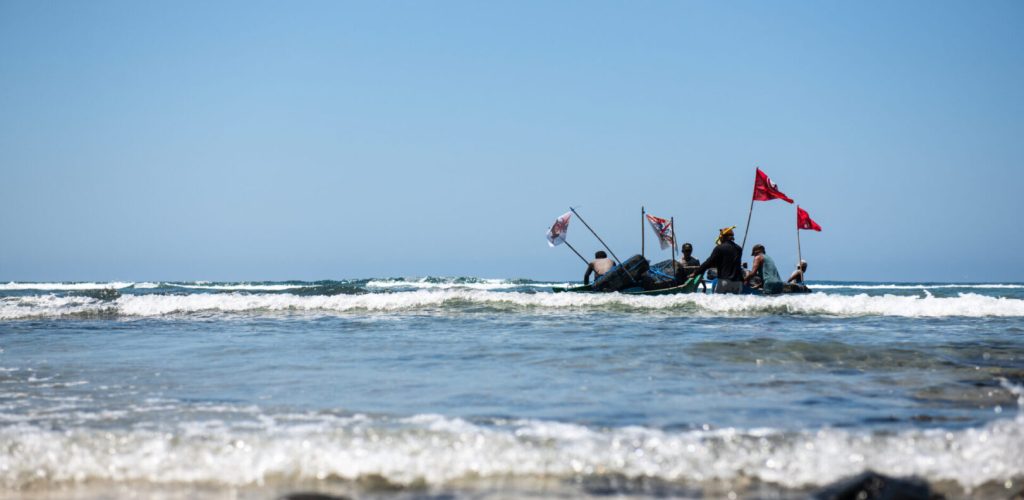
Media: People Fixing The World – Our Belizean colleague, Celso Sho, spoke with BBC World Service about how encouraging fishers and restaurants to catch and serve invasive lionfish has helped control their numbers while providing much needed new income to communities
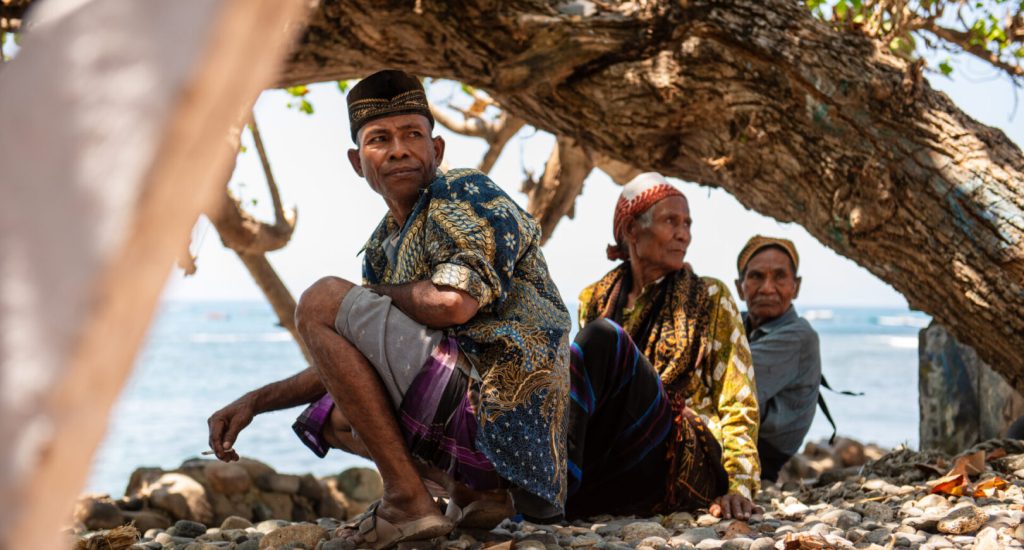
Publication: Blue Carbon Handbook – We contributed to a new blue carbon guide, commissioned by the High Level Panel for a Sustainable Ocean Economy, to provide decision-makers with a broader understanding of blue carbon and its benefits for people and nature
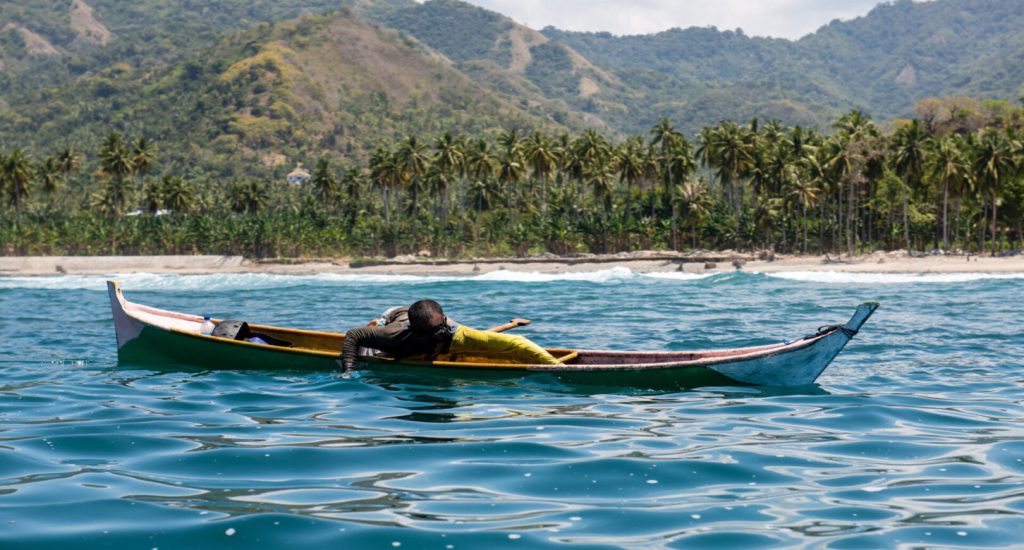
August
Photo story: Strengthening community run fishery councils in Mozambique – We documented the great success in Mozambique after the government officially recognised fishery councils as legal entities
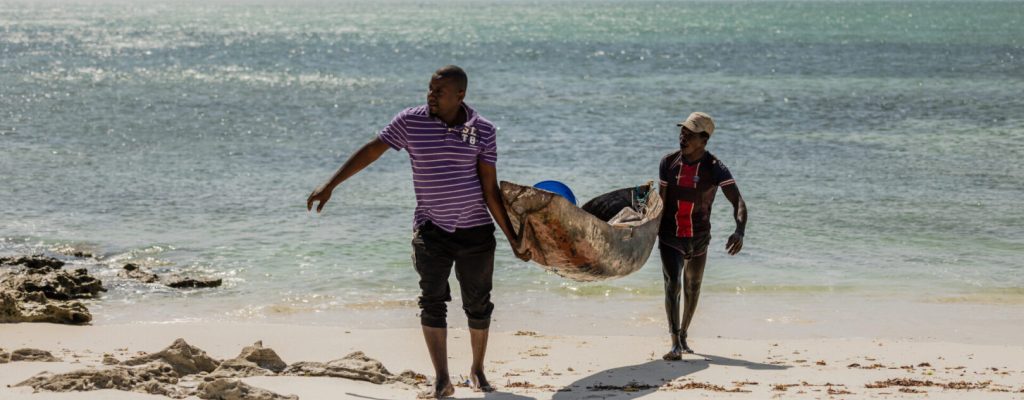
Media: Interview with our Executive Director – Lux Magazine profiled our work as part of its series interviewing entrepreneurial figures changing the game in culture and sustainability
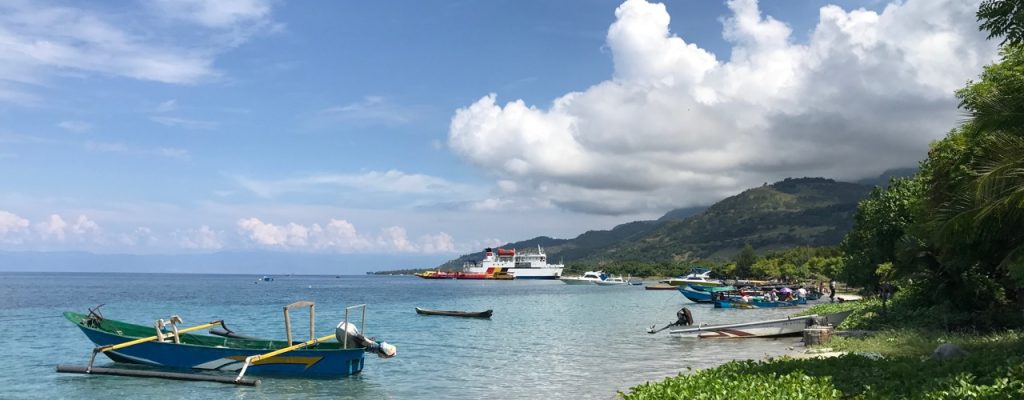
Blog: Women pilot savings and loan scheme in Timor-Leste – We heard from Natercia Verdial who uses her expertise at Blue Ventures to support women to identify and introduce alternative livelihoods in their communities
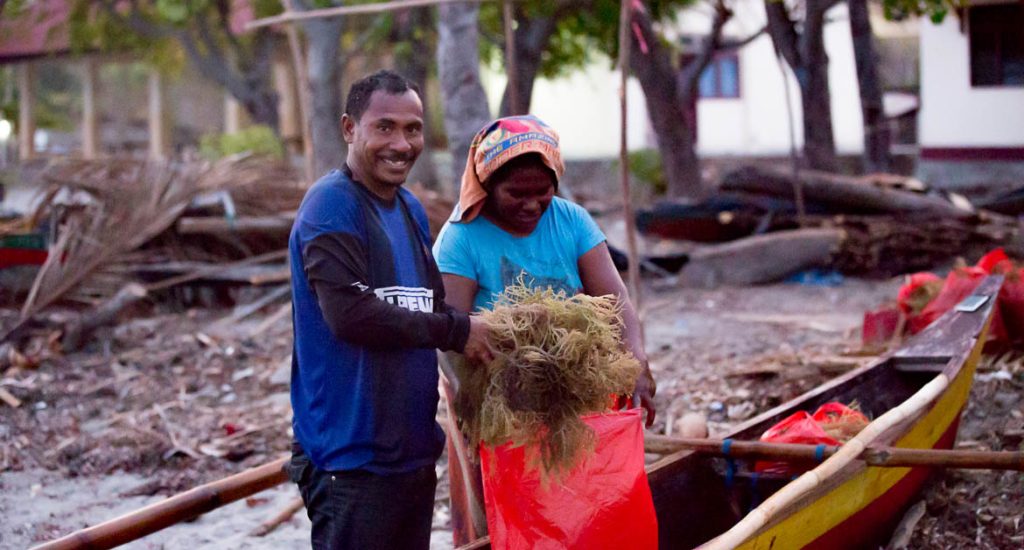
September
Media: Africa Climate Week meeting urges integration of health and climate change discourses – KBC covered our position at the inaugural Africa Climate Summit
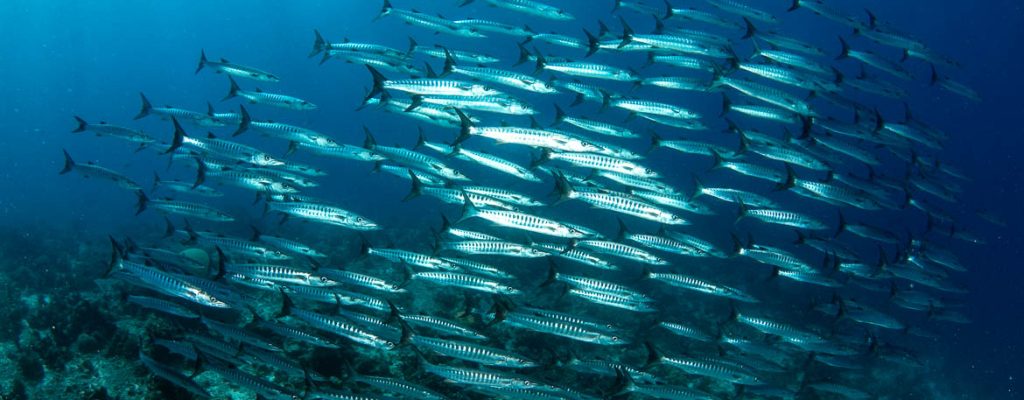
Press release: Data sharing showcases the potential power seagrass meadows hold for small-scale fishers in Timor-Leste – We presented the results of a seagrass ecosystem service assessment conducted in Hera as part of the Seagrass Ecosystem Services Project
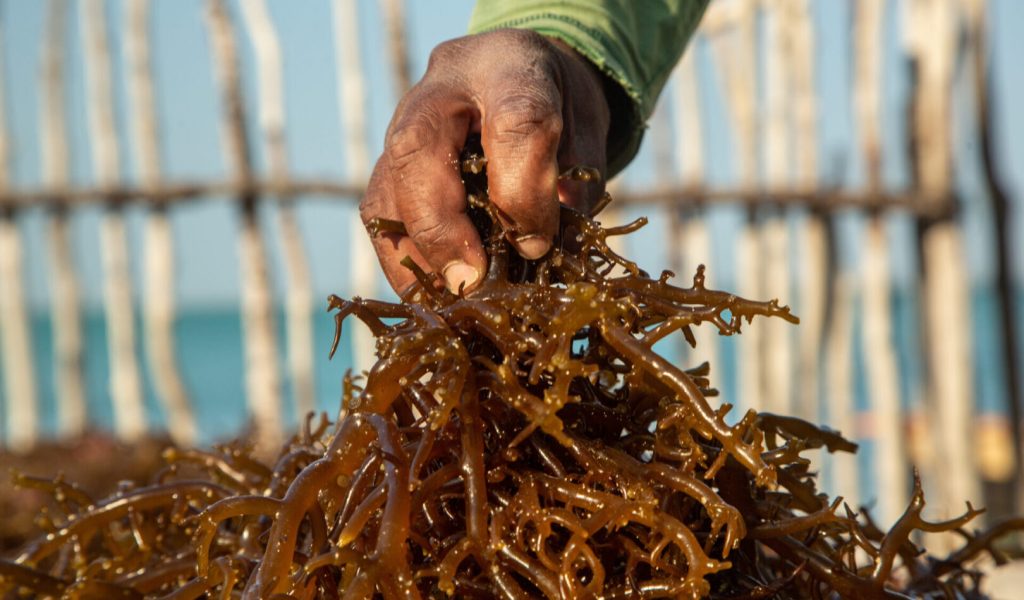
Media: Blue Ventures replants 14.5 million mangrove trees – ABN Newswire featured Blue Ventures’ work in Madagascar to show how ecological restoration empowers communities
